Table of Contents
ToggleSources
- https://www.law.cornell.edu/constitution/ninth_amendment
Cornell Law School's Legal Information Institute provides authoritative information on the Ninth Amendment, which directly addresses unenumerated rights. - https://www.archives.gov/founding-docs/bill-of-rights
The National Archives provides the original text and historical context of the Bill of Rights, which enumerates many of the rights discussed in the post. - https://www.supremecourt.gov/opinions/boundvolumes.aspx
The official Supreme Court website provides access to opinions and decisions, including those that interpret unenumerated rights like privacy and autonomy. - https://www.aclu.org/know-your-rights/bill-of-rights/
The ACLU offers a detailed explanation of the Bill of Rights and how enumerated rights are interpreted and defended in modern contexts. - https://www.oyez.org/cases/1996/95-1858
Oyez provides detailed case summaries, including the 1997 Supreme Court case (Washington v. Glucksberg) that rejected the right to die as an unenumerated right.
Key Points
- Enumerated rights are explicitly written in the U.S. Constitution, primarily in the first eight amendments.
- Unenumerated rights, though not written in the Constitution, are legally recognized and include rights like privacy, travel, and autonomy.
- The Supreme Court interprets and defends both enumerated and unenumerated rights, though the latter are more uncertain and subject to change.
- The Bill of Rights provides most enumerated rights, such as freedom of speech, religion, and the right to bear arms.
- The First Amendment protects freedoms of speech, religion, press, assembly, and petition, though limits are not explicitly defined.
- The Second Amendment grants the right to bear arms, but it is not absolute and is tied to the concept of a well-regulated militia.
- The Fourth Amendment protects against unreasonable searches and seizures, requiring warrants for such actions.
- The Fifth and Sixth Amendments provide protections for defendants, including rights against double jeopardy and to a speedy, public trial with an impartial jury.
- The Eighth Amendment prohibits cruel and unusual punishment and excessive fines or bail, though it does not outlaw executions.
- The Ninth Amendment acknowledges the existence of unenumerated rights, while the Tenth Amendment limits federal powers to those explicitly stated in the Constitution.
Summary
The blog post explains the difference between enumerated rights (explicitly listed in the U.S. Constitution, such as freedom of speech and the right to bear arms) and unenumerated rights (implied but not written, like privacy and travel). While enumerated rights are clearly defined, unenumerated rights remain uncertain and are interpreted by the Supreme Court, which can uphold or reject them. The post also highlights key amendments, like the First and Second, while noting that some rights, such as the presumption of innocence, stem from legal tradition rather than explicit constitutional text.
Enumerated vs Unenumerated Rights
In the United States, enumerated rights are written down in the constitution, especially in the first eight amendments. People in the United States also have unenumerated rights, which are not written down in the constitution but are still legally relevant.
The Supreme Court makes decisions based on unwritten rights and what is written in the constitution. Unenumerated (unwritten) rights include the right to travel, privacy, autonomy, dignity, and the right to have an abortion.

None of these rights are stated explicitly in the constitution, but the Supreme Court defends these rights.
While unenumerated rights include the right to travel or privacy, enumerated rights include:
- Freedom of speech.
- Freedom of religion.
- The right to bear arms.
- The right to a fair trial.
Those rights come from early amendments to the constitution.
No One Knows Exactly What Rights an American Has
You cannot make a comprehensive list of unenumerated rights because they are, by definition, unwritten. Other unenumerated rights may exist but have not been tested by the Supreme Court.

Unenumerated rights can become enumerated rights if they are added to the constitution. There is certainty surrounding enumerated rights, while unenumerated rights are uncertain.
There is also no way to know precisely what rights an American does not have. However, the Supreme Court rejects some unenumerated rights. For example, in 1997, the Supreme Court ruled that you do not have an unwritten right to die in the United States.
What Enumerated Rights Does an American Have Under the Constitution?
Most enumerated rights come from the Bill of Rights, almost as old as the constitution. After Americans realized they needed a stronger federal government, they also decided on a Bill of Rights to protect them from government abuses.
Since then, the anti-slavery and women’s suffrage amendments have greatly improved the rights of people in the United States.
The First Amendment
The First Amendment protects freedom of speech. It allows you to express unpopular ideas through what you say and the print media.
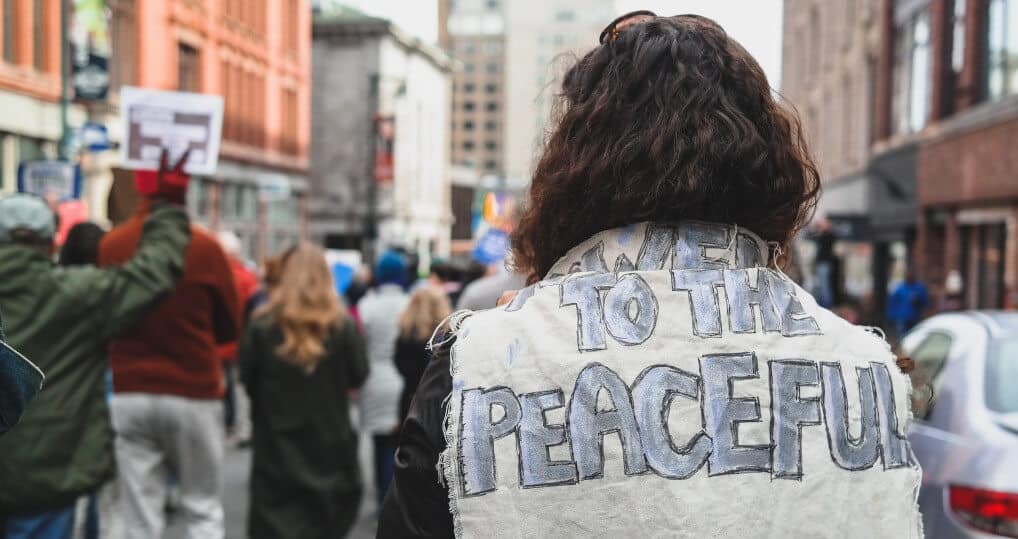
It also allows for peaceful assembly and demonstration. Americans can organize a group that disapproves of the government and publicly demonstrates against them to get them to fix problems.
The First Amendment protects religious beliefs and prevents the government from choosing an official religion. The constitution does not specify the limits on free speech.
The Second Amendment
The Second Amendment is the right to bear arms. It is nowhere near an absolute right to bear arms and does not protect ownership of all small arms. However, it does make gun laws in the United States significantly more lenient than in most countries.
The Second Amendment refers specifically to militias. It says that a “well-regulated militia” is necessary for a state’s security and that the government shall not infringe on the right of people to bear arms.
Many Americans are upset if laws weaken the Second Amendment or the First Amendment pass. The First and Second Amendments are two of the most important and defended parts of the Bill of Rights.
The Third Amendment
The Third Amendment states that soldiers do not have the right to force homeowners to let them use their homes. Before the Revolutionary War, British soldiers had the right to use citizens’ homes.

The Third Amendment is also not an absolute right. During peacetime, a soldier cannot use a person’s home without the owner’s consent. They can only use a person’s home during wartime within legal limitations that the constitution does not specify.
Why was the Third Amendment considered important?
The Third Amendment has never been brought before the Supreme Court and tested. Today, it may seem to be unimportant. However, at the time, the amendment was considered significant.
In 1774, the British government passed the second Quartering Act, which allowed British soldiers to stay anywhere, including in the homes and not only the barns and alehouses of the colonists.
This angered the colonists, and the practice continued during the Revolutionary War. It was part of what pushed the colonists towards war.
The Fourth Amendment
The Fourth Amendment protects citizens’ private property from the government. The government cannot unreasonably search an individual, their property, or take anything from them.
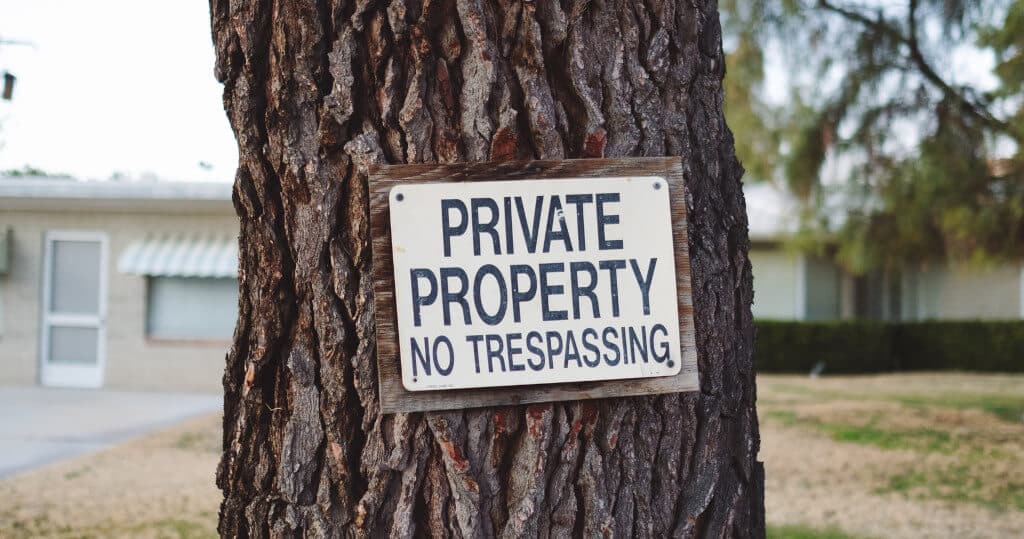
It specifies that warrants are necessary for search and seizure. The government needs a warrant that specifies what place is to be searched and what property or people should be seized. Like the Third Amendment, the Fourth Amendment is not an absolute right.
The Fifth Amendment
The Fifth Amendment protects people charged with crimes. It protects people against double jeopardy or being charged twice for the same crime.

Get Smarter on US News, History, and the Constitution
Join the thousands of fellow patriots who rely on our 5-minute newsletter to stay informed on the key events and trends that shaped our nation's past and continue to shape its present.
It also requires a grand jury if someone is charged with a serious criminal offense. Before anyone can be tried for a felony, they must appear before a grand jury.
A grand jury decides whether or not there is enough evidence to send the case to trial. They can decide that the accused should be charged with a felony, that their charge should be reduced due to insufficient evidence for a felony trial, or that the charge should be dropped.
The Sixth Amendment
The Sixth Amendment also helps defendants. It requires trials to be public and to be done without unnecessary delay. It also requires an impartial jury.

The Sixth Amendment also requires the defendant to know who their accusers are, their charges, and what evidence there is against them. A defendant must also have a lawyer to defend them, and any witnesses who speak in their defense must be found.
The Seventh Amendment
The Seventh Amendment is the right to a jury trial in many but not all civil cases. A defendant usually has the right to a jury trial if a civil suit is heard in federal court. This comes from English common law.
Unlike most countries, the United States often requires jury trials in civil and not only criminal cases. Even countries like Canada, Britain, and Australia no longer require juries for civil cases. The Seventh Amendment also makes it hard for federal judges to overturn jury verdicts in some situations.
The Eighth Amendment
The Eighth Amendment forbids cruel and unusual punishment. It also forbids excessive fines or bail. Like other parts of the Bill of Rights, it has limitations. It does not make executions illegal.

The Thirteenth Amendment
Most amendments passed since the Bill of Rights have increased the power of congress and have not given citizens additional rights.
However, the 13th Amendment, which ended slavery, is a major exception to this rule. It also forbids involuntary servitude except as a punishment for a crime.
The Nineteenth Amendment
This is the women’s suffrage amendment. It ensures that all American citizens’ rights apply to both sexes. The rights must be given fully and not partly denied.
Do the Ninth and Tenth Amendments Deal With Enumerated Rights?
Many of the enumerated rights Americans have had since 1791 are in the Bill of Rights, ten early amendments passed to protect citizens from an overly powerful federal government.
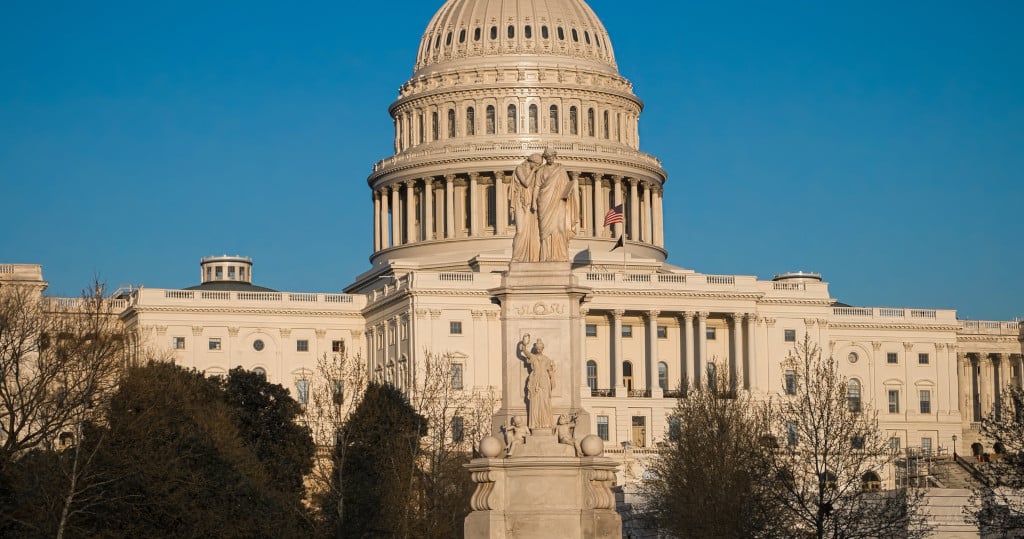
Only the first eight of the amendments give Americans enumerated rights. The Ninth Amendment states that Americans have other, unwritten rights that are not spelled out in the American constitution. The Tenth Amendment limits the federal government’s powers to the constitution’s written laws.
Many Rights Americans Have are Unenumerated
Some would assume that “innocent until proven guilty” is in the constitution, but it is an unenumerated right based on legal tradition.
A person has an enumerated right to due process, mentioned in the constitution. However, the constitution does not define due process. Instead, courts always believe that a defendant is innocent until proven guilty because courts have always interpreted due process that way.
Freedom of speech usually protects offensive speech
Freedom of speech also protects offensive symbolic actions such as flag burning because courts assume it does. The First Amendment does not define the limits of freedom of speech.
One right that Americans do not have is the right to die. Nothing in the constitution mentions a right to die, and the Supreme Court rejects the idea that it is one of the people’s unenumerated fundamental rights. Laws against doctor-assisted suicide are not unconstitutional.
| Type of Right | Definition | Examples |
|---|---|---|
| Enumerated Rights | Rights specifically listed in the Constitution or Bill of Rights. | Freedom of speech, religion, and the press. The right to bear arms. The right to a trial by jury. |
| Unenumerated Rights | Rights not specifically listed in the Constitution or Bill of Rights, but still protected by the Ninth Amendment. | The right to privacy. The right to marry. The right to travel. The right to bodily autonomy. |
What Enumerated and Unenumerated Rights Does an American Have? Quiz
Frequently Asked Questions
What are enumerated rights in the United States?
What are unenumerated rights and how are they protected?
What is the difference between the First and Second Amendments?
Why was the Third Amendment important historically?
Do Americans have a constitutional right to die?
How useful was this post?
Click on a star to rate it!
Average rating / 5. Vote count:
No votes so far! Be the first to rate this post.
We are sorry that this post was not useful for you!
Let us improve this post!
Tell us how we can improve this post?
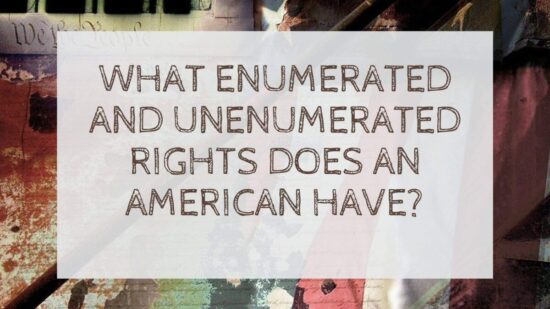
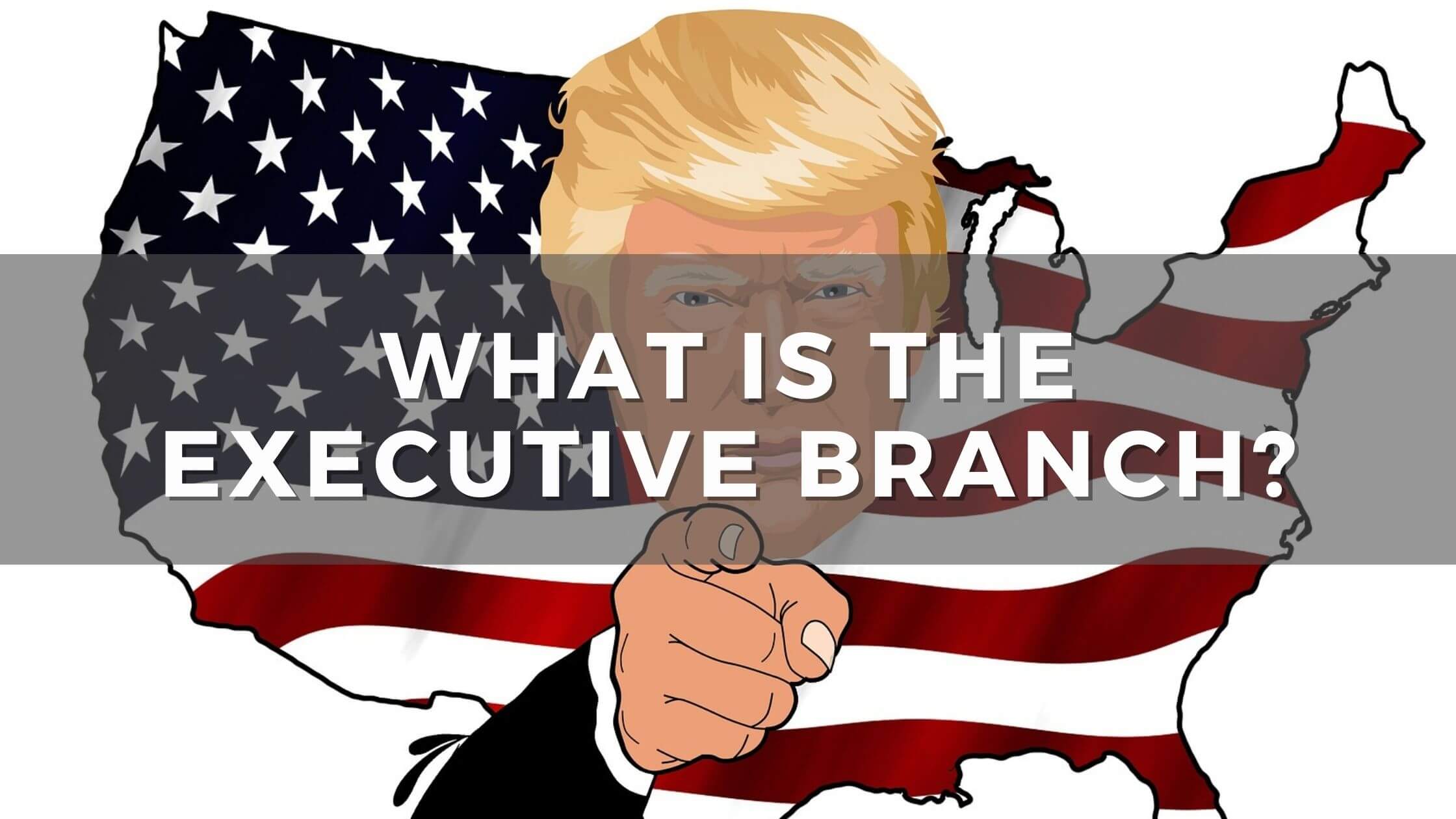
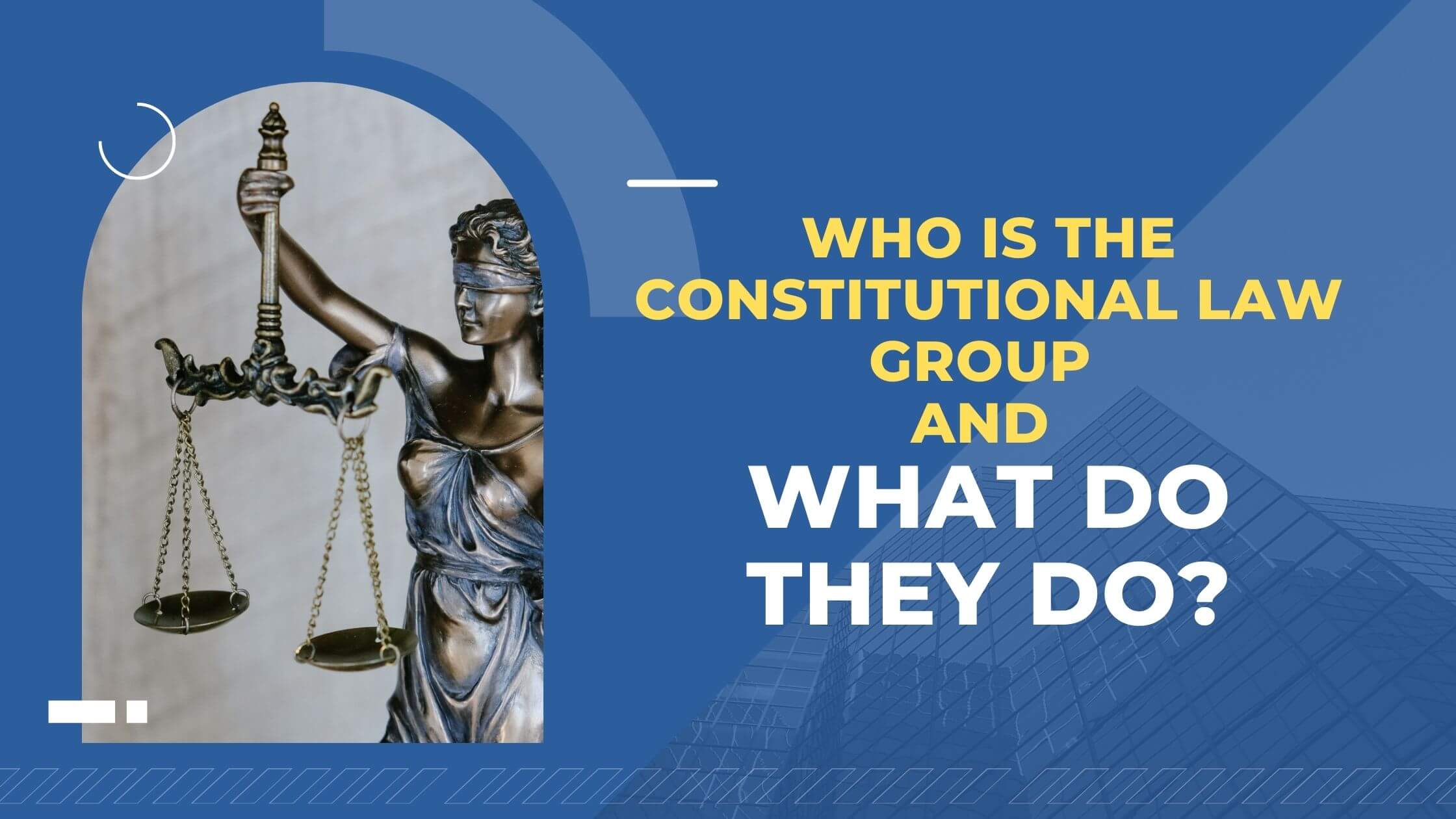
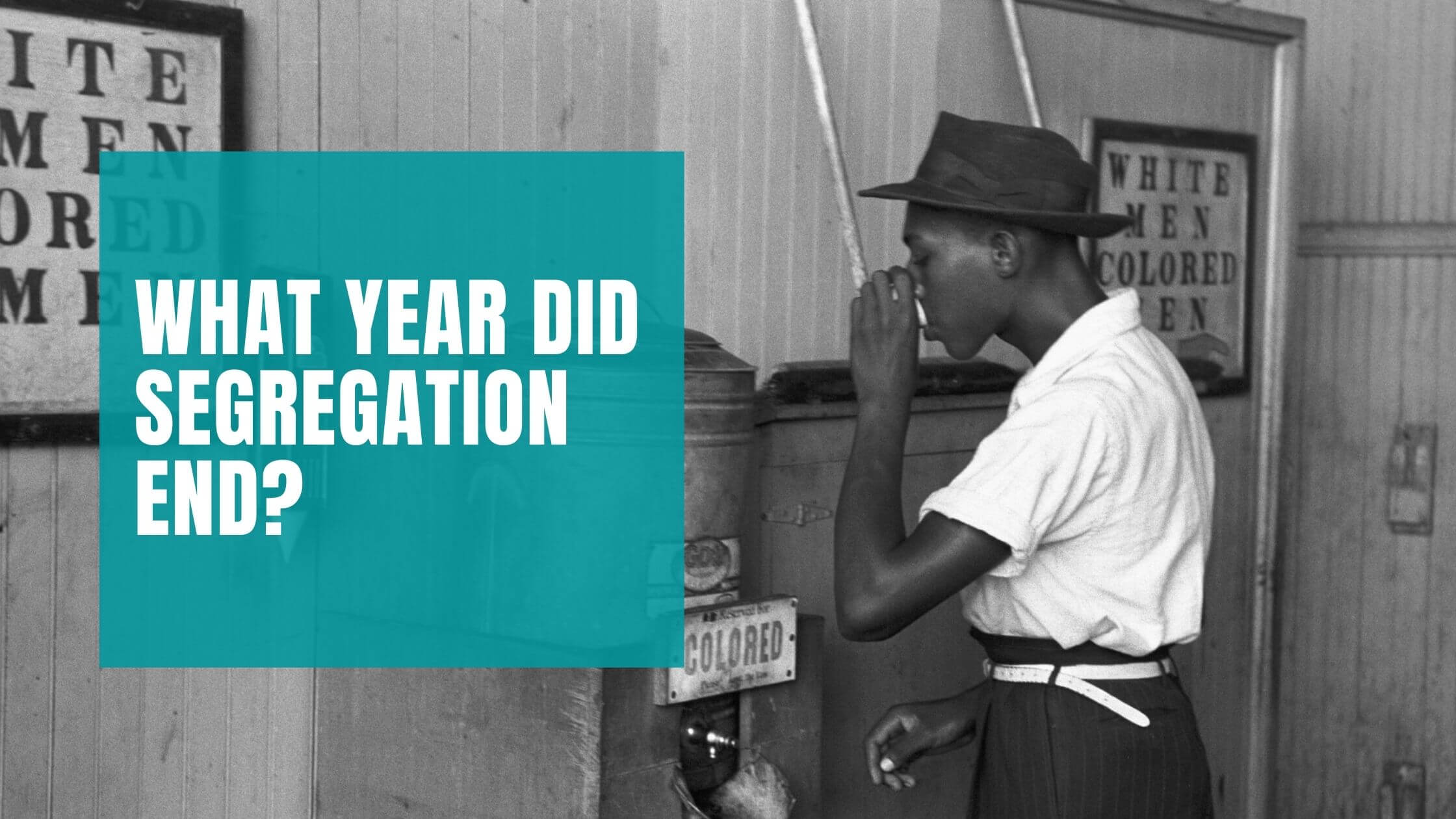


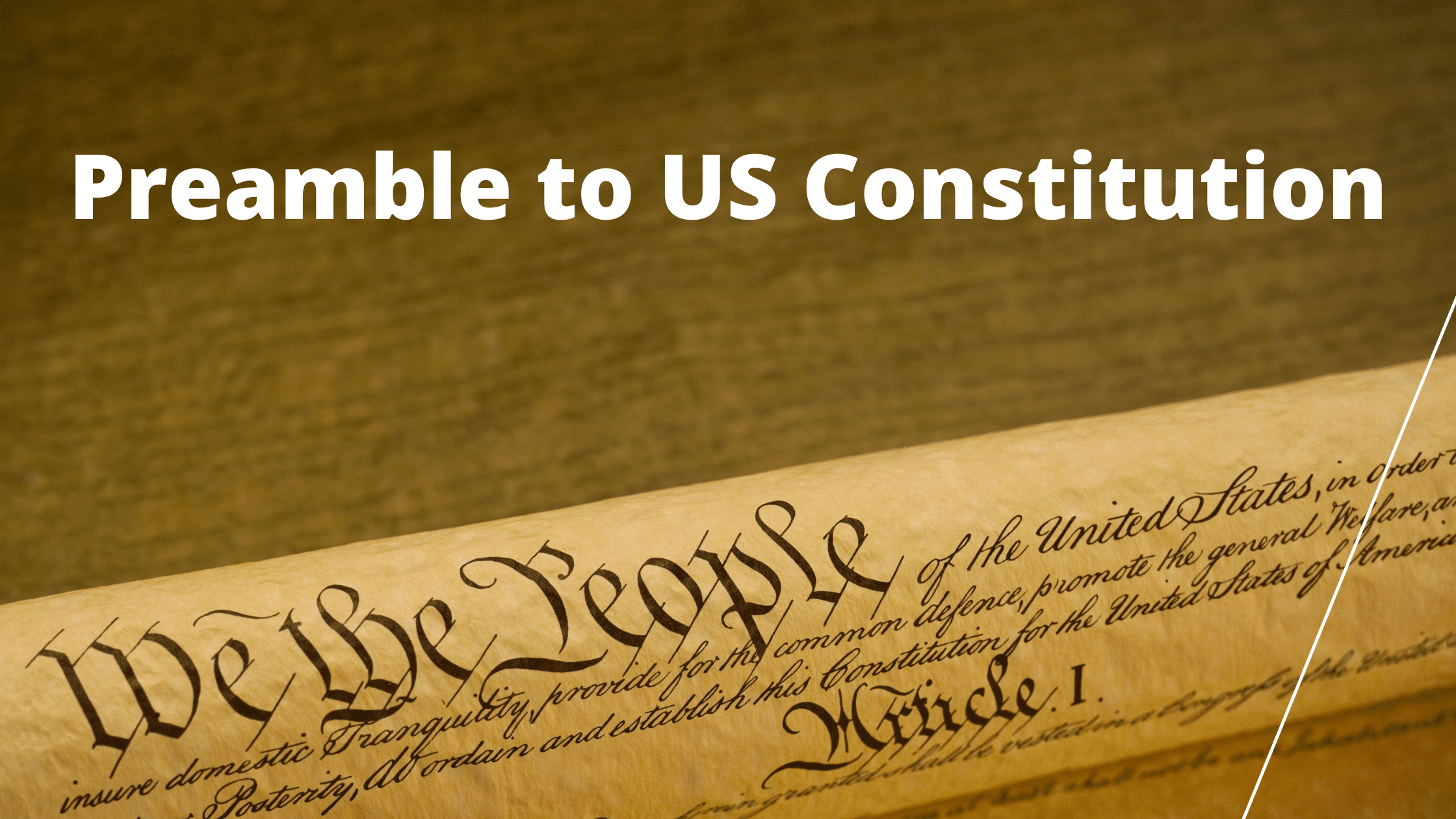
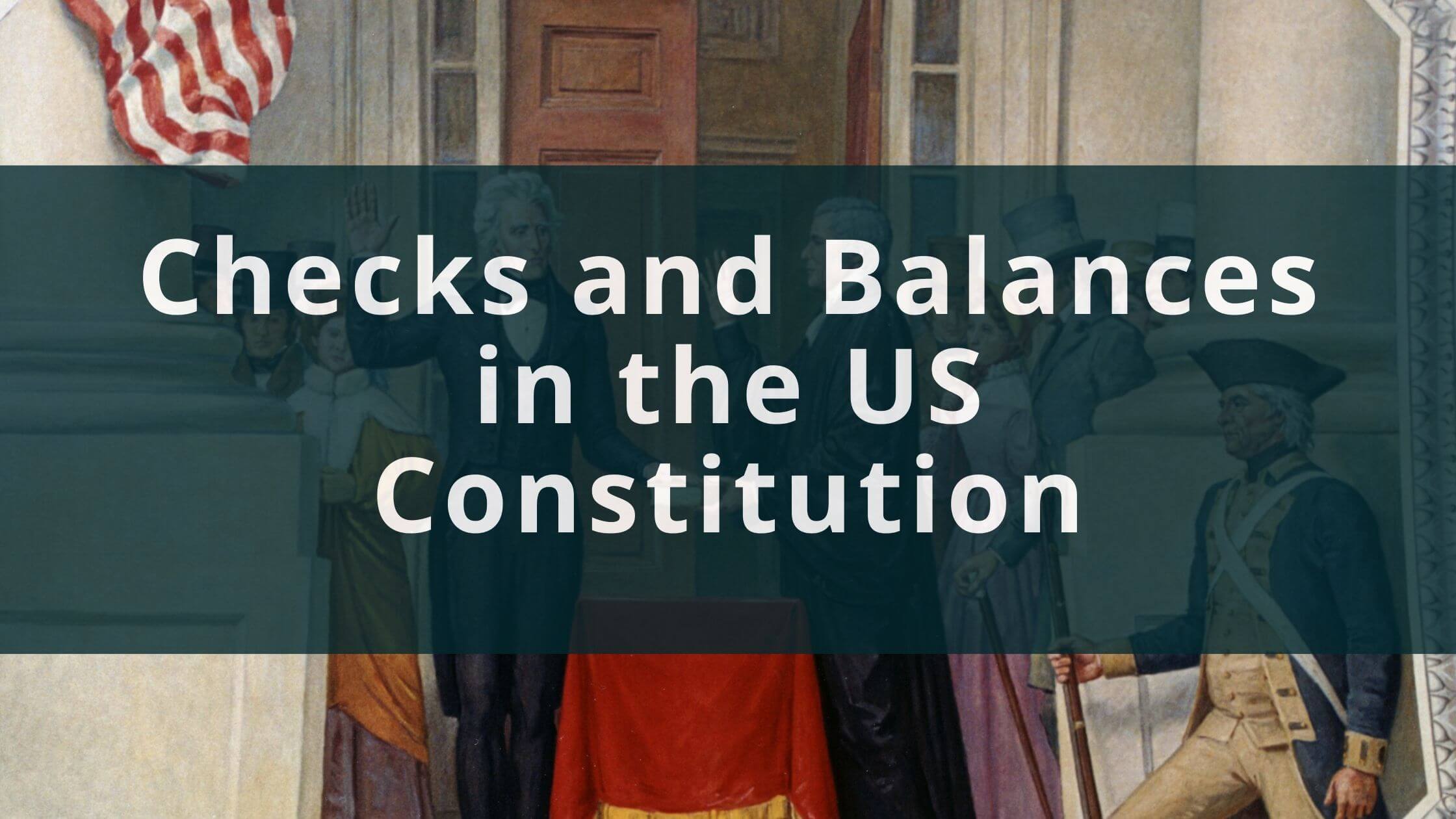
26 Responses
Aren’t unenurated rights limited to those rights that been practiced and accepted as a routine part of the culture for generations: Parental rights and duties are enumerated in the Bible as rights given to man by God [Natural Law]. As are “right to life” and “liberty” “thou shalt not kill” create right to self defense.
Prostitution on the other hand, although practiced for generations [mostly under cover] and reputiated by the culture generally and criminalized and certainly protitution although practiced for generatons has never be considered a “natural right”
Abortion had no history of being an accepted pracrice within our coulture and had been criminalized for hunderds of years in our coulture -so it was a great stretch to try to list abortion as an unenuerated right.
I disagree. First of all, it was absolutely legal here or at least not illegal from the time the settlers came here. The only restrictions were once the fetus could be felt moving. That is until in 1827 Illinois made laws banning so called abortion pills. These pills caused the deaths of many women. Between 1860-1880 states started making abortions criminal at the urging of the newly formed AMA (American Medical Association) to do away with abortion practitioners (many who were Midwives) who became competition to the AMA doctor’s. The Catholic Church also jumped on board with this. (Hmmm I thought we were supposed to have a separation of Church and State: also not specifically listed in the Constitution but is considered a right) Freedom of Religion also means also means Freedom From Religion (which would stand all the tests of the 14th Amendment as well as the 9th) The laws however weren’t strictly enforced and any woman with money could get one if she wanted. The country started to strictly enforce starting in the 1930’s and most states has restrictions or complete bans. CA made abortion legal in 1967 and the law was signed by….Governor Ronald Regan. NY adopted legal abortion in 1970 and a handful of other states did too. Roe v Wade wasn’t decided until 1973 so obviously the tide was already turning beforehand and is still has a bigger percentage of Americans supporting than not supporting. Roe was assented using precedent cases stating per the 9th and 14th regarding Contraceptions are a part of the right to privacy and to Due Process. See 1965 Griswold v Connecticut. In that case the state made a law that married people could not counceling or obtain prescriptions for contraceptions. The law was overturned and ruled unconstitutional stating the right to privacy (including family planning, and medical decisions) and due process. No where in the Constitution does it state that any changes has to go through the test of time and accepted beliefs. The Justices came up with that so they don’t have to fully make those decisions. In 1967 when interracial marriage was became law, the long time acceptance rule was definitely not used. The world and beliefs change over time and that really is a ridiculous argument. Now let’s take a look at long time standards, women haven’t had any rights really in this country until the 19th finally gave us the right to vote. Previously, women couldn’t own land, could not vote had no real say in anything and were pretty much treated as her husband’s property. A bunch of men deciding what a woman can/can’t do regarding the medical decisions of her body or family planning is ludicrous and just an example of males trying to dominate women. The same really goes for Prostitution. Furthermore, when these people start actually making laws to keep kids fed, educated, a roof over their heads etc, the are just making right to birth laws, not right to life.
Amen!
You are incorrect in the statement “a bunch of men deciding what a woman can/cannot do regarding the medical decisions of her body. . .” What a bunch of men did do is they put the decision back to the states, thus back to the people where is should have been all along. They have not stopped contraception or anything else. They put the decision making back to where it should have always been. There is a double standard out there when a person commits a crime resulting in a pregnant woman and fetus death can be charged with double murder, and yet when it is elective it is not murder. Both situations result in the end of life.
So, you say the Federal Government doesn’t OWN a women but the state does?
No the individual right to “zone of privacy” as stated in Amendments 1st, 4th, 9th, 14th and 19th a person “women” has the sole rigjt to decide what happens to her body.
What about what happens to the baby’s body? What happened to the right to “life, liberty, and the pursuit of happiness?” I guess the “zone of privacy” should also include no one being forced to take a vaccine. A person’s vaccine status is not the business of the employer, the government, or any place of business.
Rights not enumerated in the Constitution revert to the states or to the people. PEOPLE can be viewed as PLURAL OR SINGULAR, as in “individual.” It is certainly more appropriate for an INDIVIDUAL to decide her fate regarding pregnancy/motherhood than it is for a GROUP OF PEOPLE to be the deciders! It really is nobody’s business except the female’s. The SCOTUS has opened a big can of worms that will need further “work” to resolve the MESS they are creating by kicking the can down the road and forcing 50 STATES to carve out 50 different “rulings” concerning what SHOULD BE SOLELY the individual woman’s decision.
@Lisa Crosby Note that the phrase “life, liberty, and the pursuit of happiness” is not in the Constitution. It’s from the Declaration of Independence which has no force of law. Also note that in Jacobson v. Massachusetts, 197 U.S. 11 (1905) the Supreme Court ruled that the state could indeed require citizens to be vaccinated. (The issue then was smallpox.) Business practices are not subject to the same restrictions as government. As private entities they can indeed require employees to mee certain criteria, one of which can be vaccination.
Beautifully stated.
good argument, but missed a big point. FUNDING. No money shall be taken from any U. S. Citizen (taxation) to pay for anyone’s abortion.
True. But that is a separate issue and should have no bearing on whether the females in all 50 states are entitled to make their own decisions about their bodies. Just keep the law that no tax monies can be used for abortion, and make it nationwide that women are entitled to make their own choices about abortion and any other medical-related procedure.
RE: “. . .rights and duties are enumerated in the Bible as rights given to man by God [Natural Law].”
Mix up “a God” with any enumerated Right penned into a country’s Constitution is akin to mixing apples and oranges; that also causes second and third order arguments about “what God” and “whose God” is in charge of rights of human beings, never mind just “man”. Good grief!
Not true about abortion. It was commonplace and practiced and was not illegal in any of the states at the time of the Constitution. even New England Puritans accepted it. !ots of scholarship on the subject.
what you say is “what a bunch of men did do is they put the decision back to the states, thus back to the people where is should have been all along. ” which by the way should read “it” but know your intent I just didn’t want to miss quote you. but that bunch of men nor the states, as you say are not the “people” that should make that decision, It should be up to the woman,the doctor and her GOD if she has one and no body else
and not funded by taxpayers …
Now that I can agree with… I mean if some are against it, it’s not right to allow tax dollars to pay for it… However, it is a medical procedure which, on the other hand should be protected rights to privacy.
Ultimately, Governments need not to interfere in any medical care, being practiced, or given to patients, by their physician.
Abortions should be nobody’s business, but those who chose to have one; and I think people (total strangers) need to but-out of other peoples lives; as so does the Government!!! It’s completely absurd!
The problem with leaning too heavily on unenumerated rights is that they exist solely based on interpretation, and interpretation changes from judge to judge. The far more reliable recourse is legislation, if our state and federal governments have proven anything through the years its that they are too inefficient to remove old laws off the books. Once an unenumerated right gets codified into a law – it’ll be there forever. USSC has reversed itself before, it will do so again.
It’s not just the womans rights. Its the rights to life of the unborn child. The pregnant woman does have a right over her body to do as she wishes, but once that child is considered alive, it is not just her life at stake. Hence the debate on when life is determined by weeks of gestation.
I believe that a parent is responsible for a child unless that child is able to speak and care for itself and can be emancipated. So if the parent feels that they cannot financially emotionally or physically care for a newborn then they aren’t required to drag a baby into a world where it won’t have a fair chance in life. Morals ethics and God have been thrown out the window with same sex marriage we can forget about that it’s time to take a more realistic approach and to be honest abortion really shouldn’t be this big of a distraction we have bigger issues at stake that require immediate attention that are being swept under the rug conveniently while watching women with no children argue over kids they probably can’t even have anymore
How about if you can’t sustain a stable and suitable life for a child own up to that and either DO NOT HAVE SEX, USE EXTENSIVE PROTECTION, OR DEAL WITH THE RESULT OF THE STUPID CHOICE TO HAVE UNPROTECTED SEX. Abortion is a big deal especially when a women on government assistance that’s divorced usually wins custody and child support and alimony. Truth is is there was no single parent gov. Assistance and no REWARDS for turning an innocent child’s life upside down by divorce or separation, there would be alot more dead beat mothers than there would be dead beat fathers, sorry to say but TRUTH HURTS!!
There is nothing in the law that says American women are not permitted to travel to a neighbor State that DOES permit abortions if the State they currently reside in does NOT permit abortion. If you want to reply that is too “expensive”, or too “inconvenient” to even consider, just think for one minute about how “expensive”, or “inconvenient” having that baby and raising it will actually be. The comparative costs are not even close! Come up with bucks, go get it done and stop complaining!
Or, wow! How about going to Planned Parenthood, and get free or low cost Birth Control. If that is too much to handle, go ahead and get pregnant, carry that pregnancy to term and give the baby up for adoption. There are thousands upon thousands of couples who would love having a child of their own, but we’re unable to conceive. Adoptable babies are becoming harder and harder to come by, and potential adoptive parents will often will work private adoption lawyers to financially support a woman willing to carry a baby to term for the barren couple – all health care costs, all birthing costs, and often a hefty stipend to the birthing mother after delivery! My best friend had two children of her own, then went on to become a “surrogate mother” for three other couples who wanted children, but were unable to on their own!
This conversation doesn’t have to be about ALL OR NOTHING! Think outside the box, people!
Wrong. There are plenty of lawmakers in states in the US who are actively trying to prevent travel to neighboring states to get abortion care. They apparently want to stop women and girls from traveling across state lines without some sort of pregnancy test first, I assume? I’m not sure how they’ll enforce that but travel is one of those unenumerated rights we have that I don’t think we should have to see infringed upon by religious zealots. And it’s no coincidence that this would affect only women trying to travel. The right wing extremists make no bones about the fact that they believe women are second class citizens.
And yes, whereas children and teens are young women are concerned, travel can be very expensive and impossible. How is a little girl who was assaulted by her step dad supposed travel on her own across state lines? Can’t we make life less traumatizing for victims of assault? For the sake of humanity? Jesus!
Why do people act like it’s acceptable for a state to take away rights? If we were talking about slavery or the right for POC and women to vote, would it be okay for states to decide? Federal government does retain supremacy for these reasons.
And wth is an “adoptable baby?” Just say what you mean: white babies. Infertile people think it’s such a shame that women are aborting a “perfectly good” baby they think they have some right to have. Other people’s infertility problems should have ZERO BEARING in the abortion debate. I mean, screw them. We all have problems. Get a hobby instead of a kid. They can’t go around legislating anti-choice laws so they can get their baby hungry hands on one of those “adoptable babies.” It’s class warfare- the rich and infertile enacting laws so the poor are forced to be pregnant and give birth and give up a child for adoption ( a well documented trauma for both the mom and the child) for their benefit. It’s disheartening to know people will eagerly exploit the misfortune of poorer people. And anyone who votes “pro-life” so they can get a “adoptable” baby for themself is likely to be a crappy parent, to boot.
The 9th Amendment doesn’t give a woman the right to deprive life for a defenseless unborn human.
We all have the right to life. No one has the right take that from anyone.
Don’t be biased or you lose all credibility.
Thanks
On the 2nd Amenedment: The militia clause does not preclude the right for the individual to own and bear arms outside of a government organized militia. The inclusion OR removal of the militia clause does not change the intent or meaning of the 2nd Amendment. The right to own and bear arms is ABSOLUTE. SHALL NOT BE INFRINGED.
I am not saying that reasonable laws/ordinaces cannot be made regarding guns but the right to own and bear arms SHALL NOT BE INFRINGED.
With regard to the type of guns: The Founding Fathers were well aware of the evolution of guns so the statement of restricion to long guns is ridiculoius and a flat out lie. Look up the Puckle gun. In the Federalist Papers, number 29, the claim that the militia clause in the 2nd Amendment is ambigous and clumsy is cleared up by Alexander Hamilton. The right to individual ownership and bearing of guns is absolutely necessary to a free state. Again: SHALL NOT BE INFRINGED.
Killing a human being is murder, and is NOT your right. Whether it’s in a gestative state or not is irrelevant. Kill a pregnant mother, and that’s TWO murder charges. Bodily autonomy extends to the gestating infant with different DNA, its own body, and heartbeat. Don’t be a hypocrite. You can’t have it both ways. Convenience doesn’t give you the right to kill.
The right to bear arms falls to the individual or it wouldn’t read, “the right of the people to keep and bear Arms, shall not be infringed.” {Period} the reason behind the right given to the people and not the state, was to keep the states from enacting their unconstitutional theft laws to steal them! Unless, you’re specifically imprisoned, you have the right to bear arms, keep reading! You regain ALL your rights upon release from imprisonment, otherwise it’s double jeopardy as outlined by the 5th. By taking away any 1 person’s rights you’re effectively rendering this entire document as worthless as the morons serving you now!!!